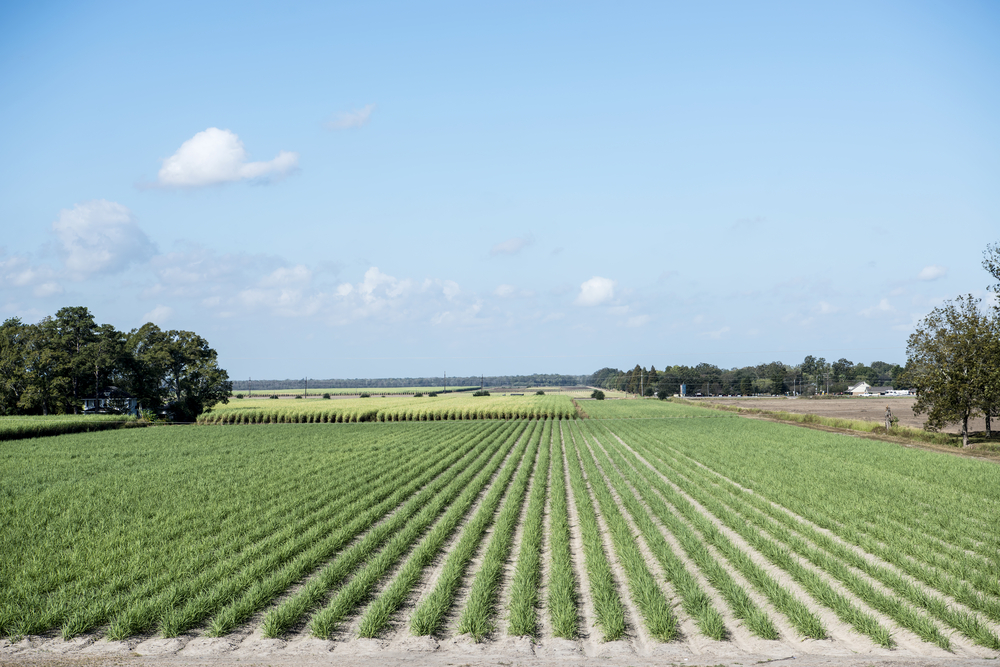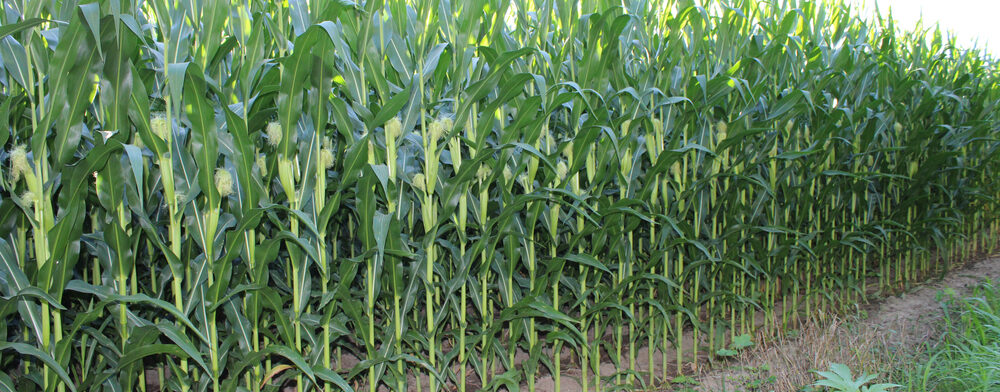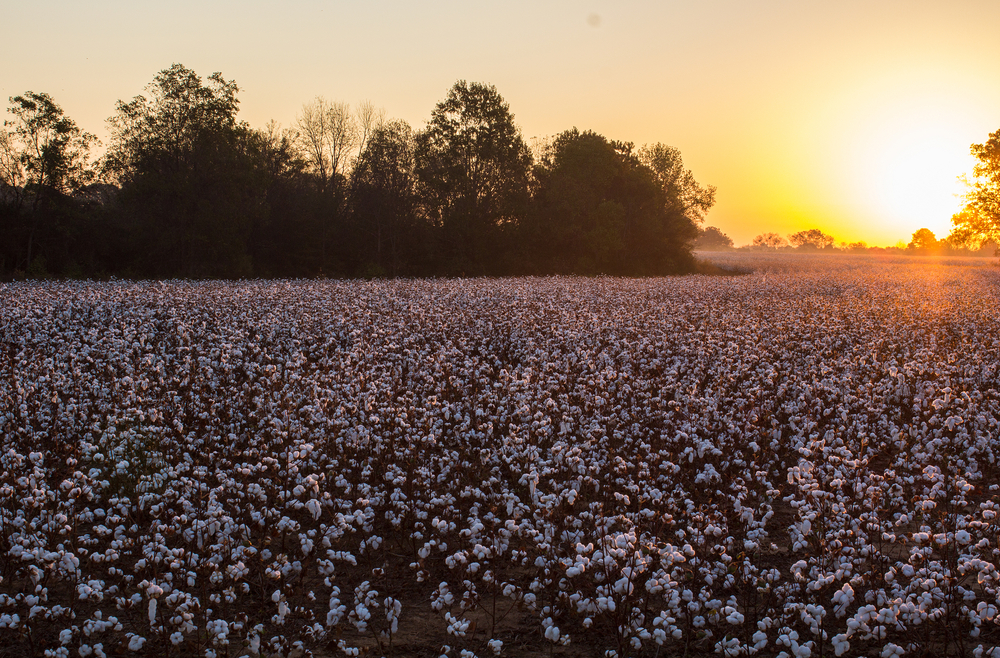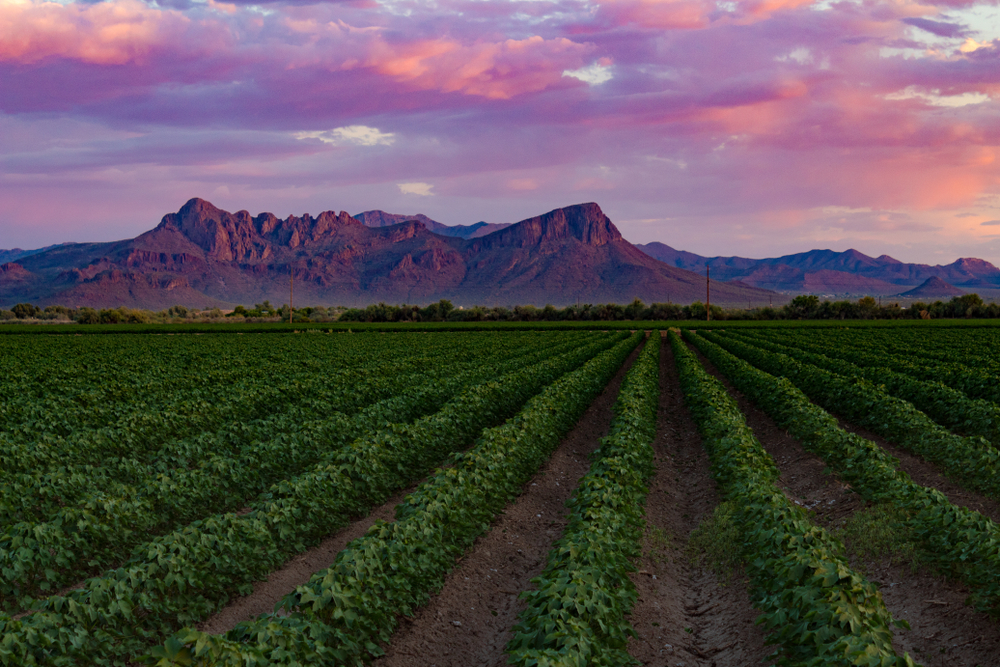Thanks to an industry that supports thousands of jobs and contributes nearly $12 billion in value in a typical year, Louisiana remains a state with one foot firmly planted in the agricultural industry, despite its modern economy.
The deep and abiding connection between Louisiana and farming is one reason why many people across the state are concerned that their participation in agriculture may have exposed them to a potentially dangerous weedkiller, “Roundup,” which is the subject of about 125,000 class-action lawsuits across the country.
Roundup, the best-selling weedkiller ever, has been linked by studies, lawsuits, and regulatory findings to non-Hodgkin lymphoma (NHL), which is a type of cancer. What should Louisiana residents who used Roundup —whether in connection with farming or for another purpose— know about this herbicide and what legal rights they may have to seek justice if they used it and got sick?
What Does Roundup Do?
Put simply, Roundup kills plants. As a non-selective herbicide, Roundup will kill just about any plant it comes into contact with. Let’s learn more about how this weedkiller was developed and how it’s used today in Louisiana farming.
History of Roundup
The main ingredient in Roundup is a chemical called glyphosate. Historically, glyphosate had been popular in the commercial heating and plumbing industry because it was effective at removing calcium deposits from boilers, tanks, and other equipment.
But glyphosate would take on a new life thanks to a discovery by a scientist with the Monsanto Corp. — a company which is no stranger to controversy, having invented saccharin and Agent Orange. Missouri-based Monsanto earned a patent for glyphosate as a weedkiller in 1974, and the substance became the star ingredient in Monsanto’s new weedkiller, which it called Roundup.
Roundup was an undeniable smash hit, being used widely in agriculture, as well as commercial and residential lawncare and weed control.
Roundup & Louisiana Agriculture
The single biggest use of Roundup is in agriculture. That’s due not only to how effective the product is at controlling weeds but also because Monsanto markets a line of Roundup Ready seed, which makes it possible to apply the herbicide without killing the crop.
According to data from the U.S. Geological Survey, at least 3.8 billion pounds of the substance have been used on American farm fields since 1992, and millions of pounds are used every year in Louisiana.
Let’s take a closer look at farming and glyphosate in Louisiana:
- Since 1992, 71 million pounds of glyphosate have been used in Louisiana agriculture, which is slightly below average.
- In 2017, the most recent year for available data, about 5.2 million pounds of glyphosate were used in Louisiana farming. That represents a nearly 200% increase since 2000.
- Glyphosate is the most used pesticide or herbicide in Louisiana farming, outselling its top competitor almost four-fold. More glyphosate is used than the next four substances on the list combined.
- Soybeans account for about 62% of the glyphosate used for Louisiana agriculture, while corn adds another 14%, cotton accounts for about 11%, and rice adds 8%.
- Louisiana is the nation’s 10th-biggest cotton producer, with about 400,000 bales produced in 2020. The state also ranks 18th for soybeans (58 million bushels) and 20th for corn (90 million bushels).
Is Roundup Dangerous?
While Monsanto and its parent company, Bayer AG, have maintained that Roundup is not dangerous, evidence is mounting that this is far from true.
In addition to trial verdicts in which juries agreed with plaintiffs’ evidence that Roundup caused them to develop non-Hodgkin lymphoma, a form of cancer, a recent study published by the University of Washington estimated that glyphosate exposure increases the risk of this type of cancer by as much as 41%.
Let’s take a closer look at non-Hodgkin lymphoma and Roundup’s position in the market.
Non-Hodgkin Lymphoma
Lymphoma is a type of cancer that forms when the body’s white blood cells grow out of control, and there are many types of lymphoma. Non-Hodgkin lymphoma (NHL) is the name for several related types of lymphoma, all of which vary from another form, Hodgkin lymphoma, which many people refer to as “Hodgkin’s disease.”
About 82,000 Americans are newly diagnosed with NHL in a typical year, which equates to about 4% of all cancer cases. This makes NHL somewhat unusual, but not exceptionally rare. Tragically, about 21,000 people die from it in the average year.
Signs of NHL vary from person to person, but there are a few things to watch out for, whether in yourself or someone else you know, particularly if they used Roundup. If you do notice these signs, especially if you’re experiencing more than one, it’s important to seek a consultation and evaluation from a doctor.
- Chest pain
- Cough
- Chills
- Easy bruising
- Fatigue
- Fever
- Frequent, severe infections
- Night sweats
- Shortness of breath
- Swollen abdomen
- Swollen lymph nodes
- Weight loss
Many types of cancer are no longer considered a death sentence, and survival rates for NHL can be quite high. In fact, according to the American Cancer Society’s most recent estimates, 84% of patients with non-Hodgkin lymphoma detected in the earliest stage can expect to live at least five more years.
Roundup’s Regulatory Status
Why is this dangerous product still available? Its dangers are the subject of continued debate, and the agency responsible for clearing herbicides and pesticides for use in the U.S., the Environmental Protection Agency (EPA), has considered glyphosate non-carcinogenic for the past few decades.
However, the EPA’s view is not universally shared. The states of California and New York have both called the chemical into question, and the World Health Organization formally lists glyphosate as a probable carcinogen. Many communities across California have banned it, and assuming it’s not overturned by a court, New York at the end of 2021 will become the first state to eliminate glyphosate use on state-owned property.
What’s the Current Status of Roundup Litigation?
More than 125,000 class-action lawsuits and multijurisdictional litigations have been filed so far over Roundup’s alleged connection to cancer, and the three cases that have proceeded so far to trial have all ended in verdicts in favor of plaintiffs.
Juries in these cases have awarded the victims a combined $2 billion, though damage amounts were all reduced on appeal. Still, after suffering three straight losses in court, in 2020 Bayer suggested that it would set aside about $10 billion to end most of the current cases and as much as $2 billion for those yet to be filed.
Negotiations continue over the settlement offers, though it has been reported that some plaintiffs have agreed, while others have balked at the sums they would receive. At least one court hearing has been scheduled for 2021 over the $2 billion settlement plans.
Meanwhile, trials will continue across the country until settlements are agreed upon and finalized by judges.
Labeling Class-Action Settlement
A separate, $40 million class-action settlement has been approved that would compensate victims up to $90 each if they meet certain qualifications. For Louisiana residents, it applies to those who purchased Roundup after Feb. 13, 2015, because of misleading wording on the package that indicated that Roundup is safe because it attacks a plant enzyme not present in humans or animals.
How Much Can I Get From a Roundup Lawsuit in Louisiana?
While as much as $12 billion in settlements appear to be in the offing for people who used Roundup and were made ill by the product, it has been reported that the average person will receive about $165,000 if the settlements are approved as they are.
That’s nowhere near the combined $2 billion that trial juries awarded to plaintiffs, but since none of the three plaintiffs have received funds so far, it’s impossible to predict when they will get their money and how much the payments will be.
In addition to the average plaintiff expecting to receive about $165,000, certain factors will increase the individual awards, so some victims should receive much higher sums. Part of the settlement negotiations includes determining how to calculate what each victim will receive based on factors like their age at diagnosis and how dire their cancer is.
Survivors of Roundup victims who already have passed away due to non-Hodgkin lymphoma will likely receive the highest settlement awards, with loved ones of deceased victims who left behind a spouse or minor children at the time of their death.
So far, the settlement offers have stipulated that to be eligible, a victim must be a U.S. citizen, which would exclude many migrant agriculture workers.
What Should I Do if I Have Been Affected by Roundup?
Louisiana residents who used glyphosate or any version of Roundup should stop using it and, if applicable, ask their employer for a safer alternative.
Those who are experiencing any of the physical signs of non-Hodgkin lymphoma we outlined earlier should seek a consultation with a doctor, especially if they have experienced more than one or even several signs.
Trials are proceeding in 2021 as settlement negotiations continue, but until those processes are finalized, the best way to be sure you can seek compensation for the damages you suffered due to your exposure to Roundup is to consult with an expert Roundup class-action law firm in Louisiana. We can help connect you with a firm near you.
Consultations are usually free of charge, and victims typically don’t pay legal fees unless they win their case.





